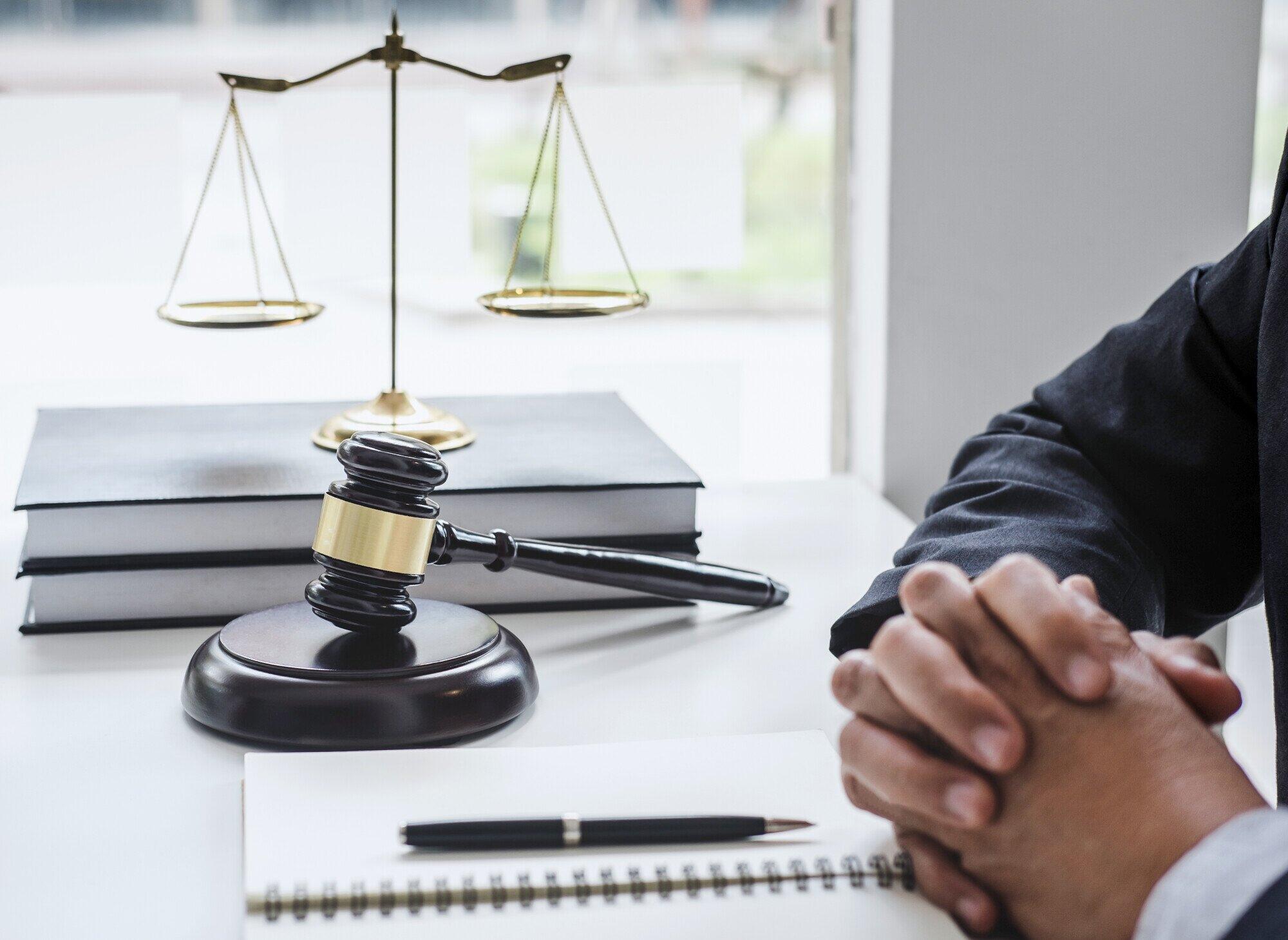Steering through the domain of attorney costs can be overwhelming for many clients. Whether you are dealing with a case of personal injury, dealing with family law issues, or managing corporate legal issues, comprehending the expenses associated with retaining an lawyer is essential. Legal representation can often feel costly and overbearing, but being educated about the different factors that contribute to attorney fees can help demystify the experience and enable you as a customer.
In this article, we will discuss key information related to legal fees and the cost of retaining an attorney. From knowing the right time to seek lawyer services and frequent pitfalls to steer clear of, to understanding what to anticipate during your primary session, we aim to provide you with the information necessary to make wise decisions. Additionally, we'll delve into industry-specific legal advice, outlining how specific legal matters can affect the charges you may encounter. With our perspectives, you will be more ready to steer through the legal landscape and protect your interests successfully.
Crucial Law-related Advice
When navigating the law landscape, it’s important to recognize that not all situation requires an attorney. Nonetheless, knowing when to request legal help can make a huge impact. If you are confronting complex issues such as dissolution of marriage, legal charges, or major financial decisions, it's sensible to consult a lawyer. They can provide guidance tailored to your unique situation and help you steer clear of typical pitfalls that could jeopardize your case.
One of the the frequent legal mistakes people make is neglecting legal documents or deadlines. Whether it's a court summons or a review of a contract, timely action is crucial. Failing to respond to legal notices can lead to unfavorable consequences, such as judgments by default or the forfeiture of rights. Always stay aware about key dates and seek legal guidance if you feel burdened by the paperwork required.
Lastly, it’s essential to do your due diligence when choosing a lawyer. Not all attorneys focus in the identical areas of law, so recognize your needs and look for someone skilled in that designated practice area. Take the time to talk to multiple attorneys or law firms to find one that aligns with your goals and values. A strong attorney-client relationship can lead to improved outcomes and a more seamless legal process in general.
Engaging a Lawyer
While considering whether to hire a attorney, it is important to assess the complexity of your legal situation. Not every law issues need expert assistance, but cases involving contracts, litigation, or significant rights under the law often do. Engaging an lawyer can provide you with clarity and expertise that is important for managing the law environment, especially if you are unfamiliar with the legal regulations that may pertain to your situation. A proficient attorney can help you understand your choices and the possible consequences of your situation.
Knowing when to hire a lawyer can save you hours and worry in the long run. If you are facing a law-related challenge, such as a personal injury claim or a family-related legal matter, it is advisable to meet with a attorney at the beginning in the process. This can help you steer clear of frequent errors that could endanger your situation. Additionally, getting professional advice can give you a better grasp of your entitlements and obligations, ensuring that you are well-informed as you continue.
Choosing the suitable attorney is also a critical part of the process. Search for an individual whose practice area corresponds with your requirements, as specialized knowledge can cause a considerable impact in the outcome of your situation. Take into account factors such as experience, reputation, and way of communicating. A qualified lawyer will not only represent your interests but also navigate you through the intricate legal systems, providing assistance and expertise every step of the way.
Comprehending Lawful Processes
Navigating the law system can be complicated, but grasping the basic processes can enable individuals to make wise decisions. check out the post right here commences with acknowledging that not all law cases are the same; each branch of law, such as personal injury, criminal defense, or family law, has its specific procedural peculiarities. Educating oneself with typical legal processes related to a certain practice area can help in knowing what to expect.
Whenever you engage in a legal matter, the steps typically include first consultations, signing agreements, and potentially going through mediation, litigation, or trial. Being aware of what transpires during each stage, like how to prepare for court or what happens if you ignore a legal summons, can lessen anxiety and ensure you are more prepared. Each step is important, as it influences the overall outcome of your legal matter.

Ultimately, having a clear understanding of the legal processes involved can boost your chances of success. It could be learning about the basics of estate planning, recognizing when to hire an attorney, or grasping your rights as an employee, being knowledgeable about these processes can steer your decisions. For anyone entering the legal world, this knowledge serves as a essential tool in navigating issues and achieving advantageous outcomes.
